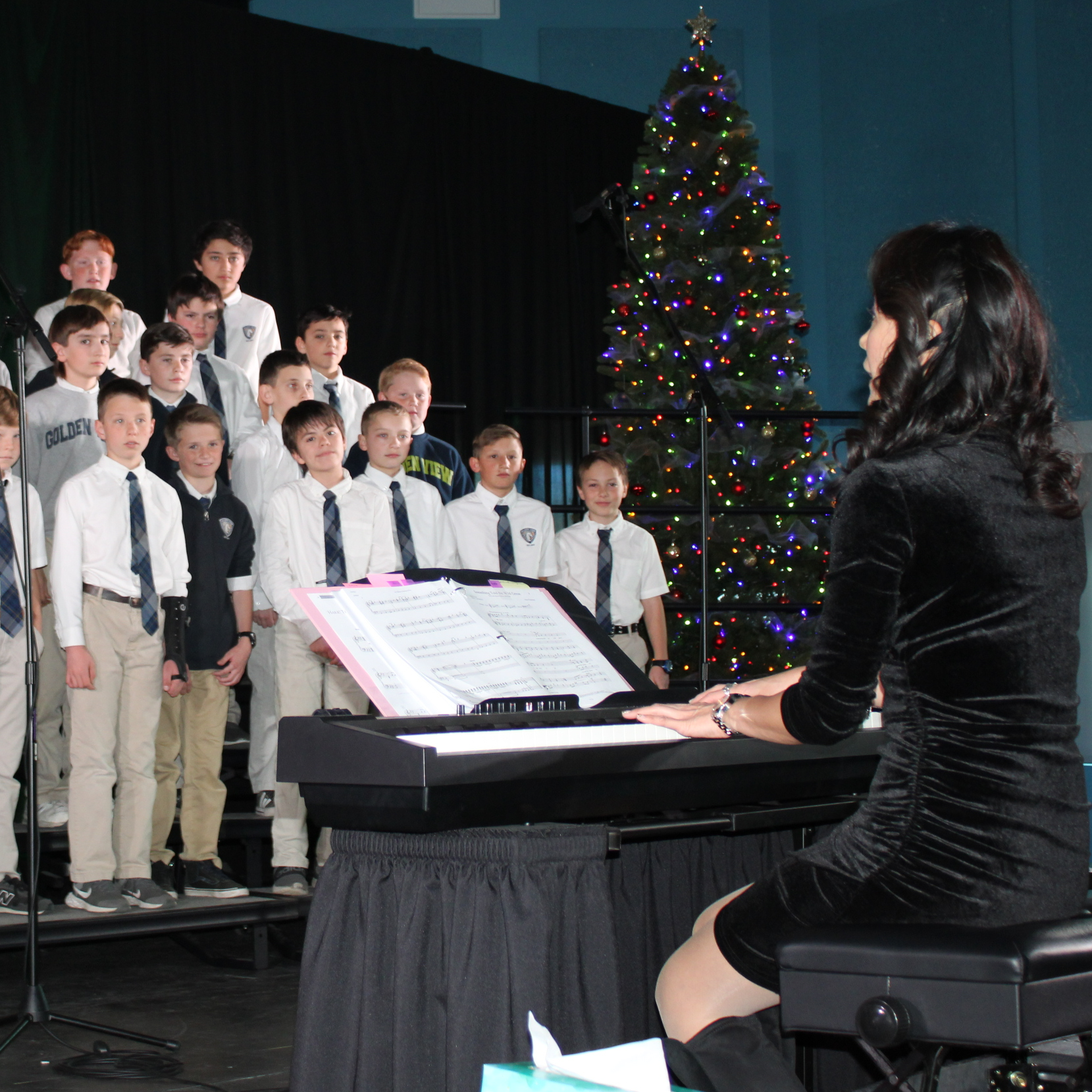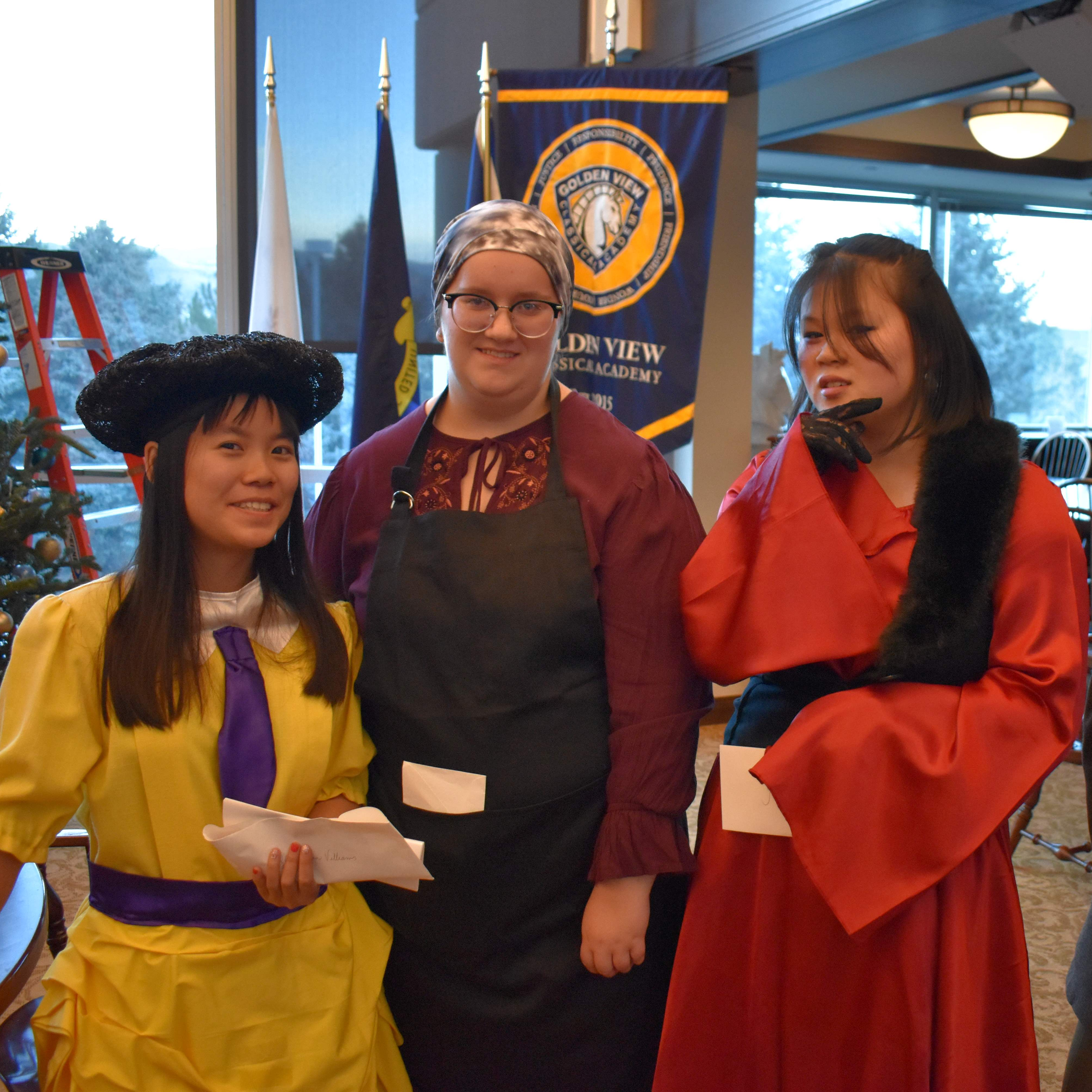December 2022
Dear Friend of Golden View Classical Academy,
Classical education can often seem self-righteous. We hear it called “elite” and “inaccessible,” and many of us know people who love classical education who seem…stuffy and arrogant. That sounds harsh, but hey, we’re among friends. Then we know schools that seem to assign works of literature, or chapters from a chemistry book, simply because they are hard or impressive, perhaps not as the only reason but as a main one, with the aim of rising above the rest of the less “rigorous” education world which is looked down upon with disdain. I will be the first to admit that we can fall into this trap ourselves from time to time, at least in the eyes of students for whom we have not properly presented the reasons for studying classical things, which can also simply be called great things.
The problem is that classical education, at least the content - both the quality and amount - really is hard. And knowing it is impressive. More than all of this, classical education forms souls in a way that suits us to meet crises and adventures and failures with more intellectual and moral resources than the alternative. And so…classical education has a right to be, if not proud, then at least confident, that it is doing something that is better than the alternatives.
Here’s an example. Say you want to tell someone you love them. What do you say? In all likelihood, you do and say many things, and these probably are informed by the romantic visions you’ve had, whether they have come from modern television, a certain kind of modern romance book, the internet with all its corners and alleys, Hallmark, or literature. The person who has a richer source of literary experiences has more to draw from that is clearly more mature and robust than, say, a google search or modern advertising. Now, the classics don’t promise success - they teach that these things are all hard, and that confidence is good, as is some reasonable fear. Classics don’t offer recipes but rich tapestries that have many folds and stories, and it is up to us to figure it all out and apply it to the terrible, perhaps adventurous and invigorating, questions before us. That is why, say, it is better to read Romeo and Juliet or Pride and Prejudice than modern romance. It’s why recollections from the Aeneid can teach about spurned love and the battle in your soul between love and other good things that draw you out and up.
The classics provide no set solutions. But wouldn’t it be better if we met the accusations of stuffiness and arrogance with justifiable confidence in the classic, great things our civilization has provided? And wouldn’t it be better if young people were formed with this disposition towards classics in their hearts? To that question, we, at least, answer yes.
Sincerely,
Dr. Garrow
Principal, Golden View Classical Academy






